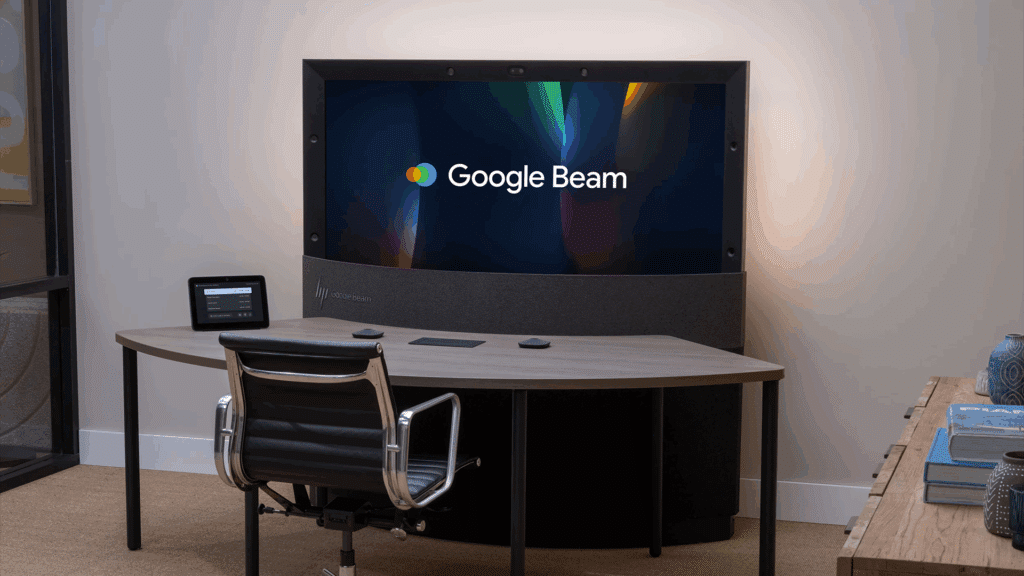The News: Oracle announced new AI innovations in the latest release of the Oracle APEX low-code development platform. The new APEX AI Assistant prioritizes simplifying application development and helping developers quickly build feature-rich, mission-critical applications at scale. Read the full press release on the Oracle website.
Oracle Debuts APEX AI Assistant to Unleash Developer-led AI Innovation
Analyst Take: Oracle APEX now enables developers to create applications by using natural language prompts to specify desired capabilities and components and automatically generate SQL statements, perform one-click debug correction, eliminate the need to remember table names, and intuitively add an out-of-the-box conversational interface to their applications.
Oracle APEX is a fully supported, no-cost feature of Oracle Database and all Oracle Database services including Oracle Autonomous Database that developers can try for free. For instance, when used in conjunction with AI Vector Search in Oracle Database 23ai, Oracle APEX offers a way for developers to combine semantic search for documents, images, and other unstructured data with searches on private business data.
Oracle APEX is viewed as among the world’s most popular enterprise low-code application platforms. Oracle APEX includes a community of 850,000 developers worldwide and is the platform responsible for over 21 million applications created. Oracle spotlights that it can enable the agile development of AI-powered enterprise apps, including mobile and web, which are up to twenty times faster with up to hundred times less code required across cloud and on-premises environments.
Oracle APEX 24.1 Ushers in New NLSQL Capabilities
The Oracle APEX 24.1 launch builds on this worldwide ecosystem foundation. The new APEX AI Assistant (NL2SQL) is integral to creating an APEX application from conversational AI dialogs. The new offering enlists the next-generation data platform capabilities of the Oracle portfolio including AI vector search, native server-side Java script, and JSON relational duality as well as enterprise components such as dynamic data templating, enhanced workflow engine, and working copy compares.
The key highlights of the new AI enhancements in Oracle APEX encompass:
- APEX AI Assistant: Enables the creation of valid SQL statements from a natural language user prompt. APEX AI Assistant remembers SQL syntax, so developers don’t have to, and automates the writing of SQL queries. It explains existing code and suggests code bug fixes that can be adopted with a simple click, freeing developers from routine coding tasks.
- Create App Assistant: Enables the creation of new application blueprints from a natural language user prompt that specifies desired attributes and capabilities. This simplifies the development of new applications and can allow developers to focus their energy and resources on creating distinct, bespoke application features rather than underlying code.
- Conversational AI Dialogs: Enables end-users to “converse” with their applications in natural language through an out-of-the-box conversational interface that developers can add to their applications. As a result, developers can provide a richer in-app experience without the need to build generative AI or natural language processing components from scratch.
Key to the Oracle APEX AI proposition and benefits is Oracle Cloud’s comprehensive portfolio of AI services. Oracle Cloud Infrastructure (OCI) is backed by the company’s multi-cloud strategy with its customer-first emphasis on providing services in all serviced locations according to customer needs. To ensure flexibility, Oracle APEX can use OCI or third-party AI services.
For natural language to SQL (NL2SQL), APEX 24.1 introduces native AI integration for design time alongside providing access to Oracle OCI and other AI models. Oracle APEX 24.1 now performs NL2SQL with contextual information including foreign keys, supports AI Syntax Correction as well as AI-generated links to relevant documentation.
From my view, the Oracle APEX architecture benefits directly from Oracle investments in portfolio-wide database research and development (R&D). As such, Oracle APEX is portable to everywhere the Oracle Database runs with Oracle REST Data Services (ORDS) providing mid-tier Java capabilities that are bi-portable between user browsers and APEX. This produces highly efficient application meta data, session state, data, and generation all in one tier and one process that reduces network traversals and, as a result, decreases latency and CPU usage.
Oracle APEX 24.1: Delivering Additional Value to AI Enhancements
In addition to the new AI Assistant capabilities, Oracle APEX 24.1 offers more good news to customers. This includes workflow enhancements such as new workflow dashboard pages, termination function for asynchronous activity plugins, a workflow diagram region, and allowing the initiator of a task to approve/reject the task as well. Plus, Oracle APEX 24.1 leverages the Document Generation Prebuilt Function service alongside templates in MS Word and PDF generation to ensure customers attain pixel-perfect reports.
Key Takeaways: Oracle APEX 24.1 Paves the Way for Low Code Done Right
Overall, I believe with the latest introduction of APEX 24.1, Oracle has deftly demonstrated how GenAI can enable developers to create hardened, mission-critical applications with ease. Coming off a series of consecutive innovations and strategic announcements—such as Oracle Database 23ai and Oracle Database@Google Cloud—APEX 24.1 continues to demonstrate Oracle’s open and collaborative approach to clouds and application development. Ultimately, there’s low code and low code done right through the Oracle APEX way.
Disclosure: The Futurum Group is a research and advisory firm that engages or has engaged in research, analysis, and advisory services with many technology companies, including those mentioned in this article. The author does not hold any equity positions with any company mentioned in this article.
Analysis and opinions expressed herein are specific to the analyst individually and data and other information that might have been provided for validation, not those of The Futurum Group as a whole.
Other Insights from The Futurum Group:
Oracle Database 23ai: Taking Enterprise AI to the Next Level
Oracle, Microsoft, and OpenAI Form GenAI Power Trio
Oracle Fiscal 2024 Q4 & Full-Year: Cloud and GenAI Uplift Results
Author Information
Ron is an experienced, customer-focused research expert and analyst, with over 20 years of experience in the digital and IT transformation markets, working with businesses to drive consistent revenue and sales growth.
He is a recognized authority at tracking the evolution of and identifying the key disruptive trends within the service enablement ecosystem, including a wide range of topics across software and services, infrastructure, 5G communications, Internet of Things (IoT), Artificial Intelligence (AI), analytics, security, cloud computing, revenue management, and regulatory issues.
Prior to his work with The Futurum Group, Ron worked with GlobalData Technology creating syndicated and custom research across a wide variety of technical fields. His work with Current Analysis focused on the broadband and service provider infrastructure markets.
Ron holds a Master of Arts in Public Policy from University of Nevada — Las Vegas and a Bachelor of Arts in political science/government from William and Mary.





